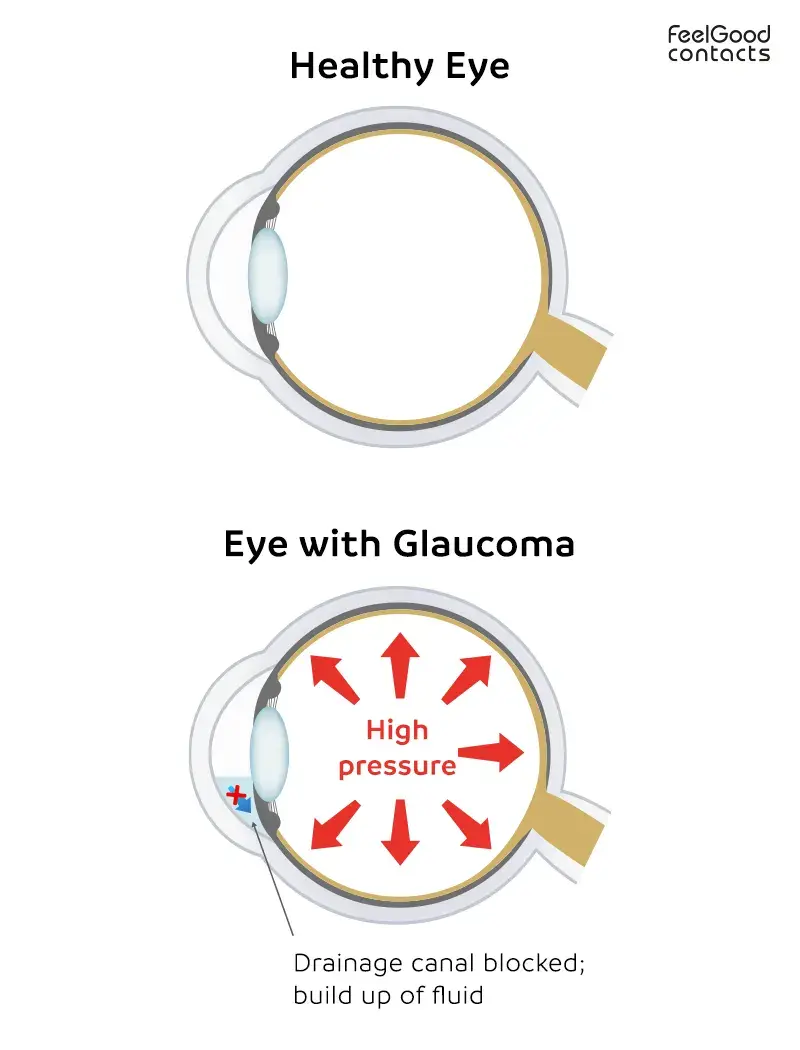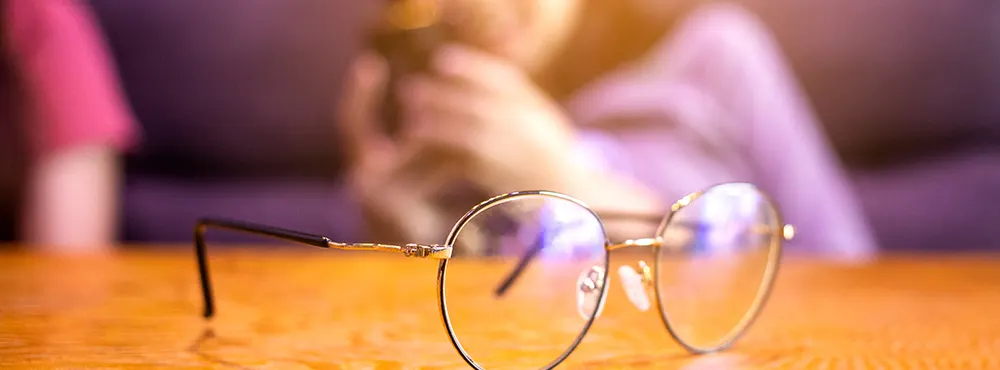Glaucoma vs. coffee
Glaucoma is an eye condition that develops when fluid builds up in the front part of the eye, increasing pressure on the optic nerve. This eye condition is the leading global cause of irreversible blindness.

A 2021
study published in Ophthalmology suggests patients with a strong family history of glaucoma should cut down on caffeine intake. The study included more than 120,000 British participants and was conducted over three years. Researchers found that those who consumed more than three cups of coffee a day had a higher chance of developing glaucoma if they had a family history of this condition. However, there was no link between coffee and glaucoma for those who fell into the lowest genetic risk score group.

 Offers
Offers Account
Account
 Favorite
Favorite
 Basket
Basket

 OFFERS
OFFERS

















